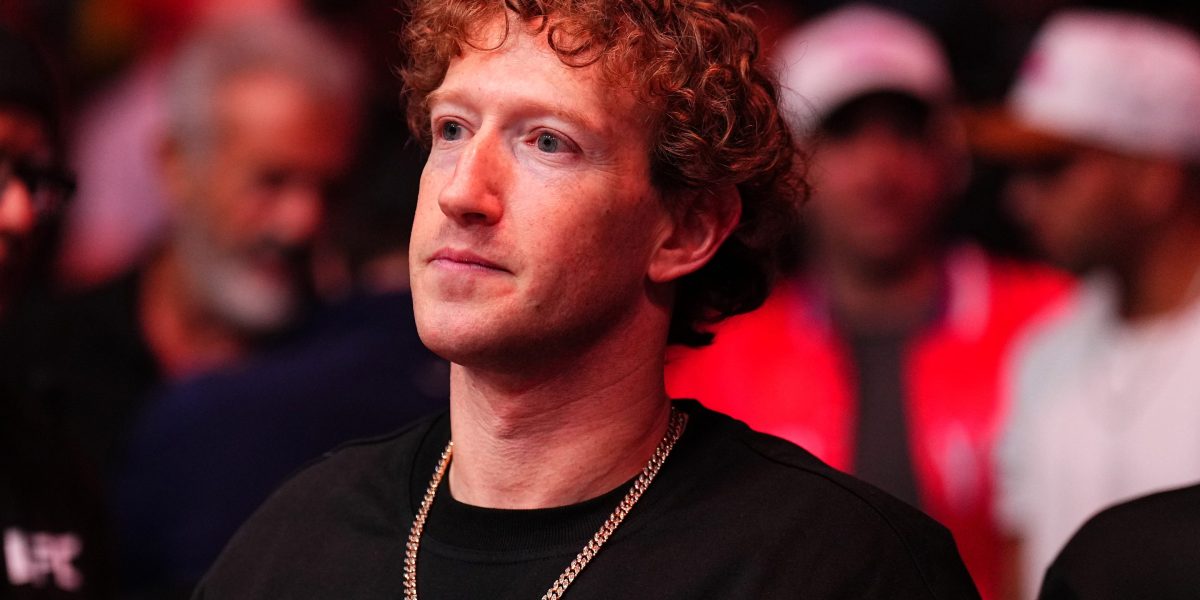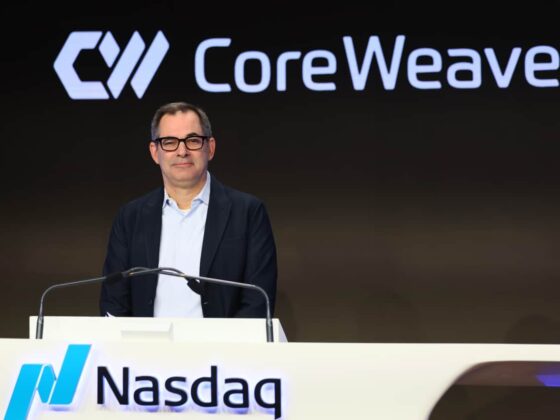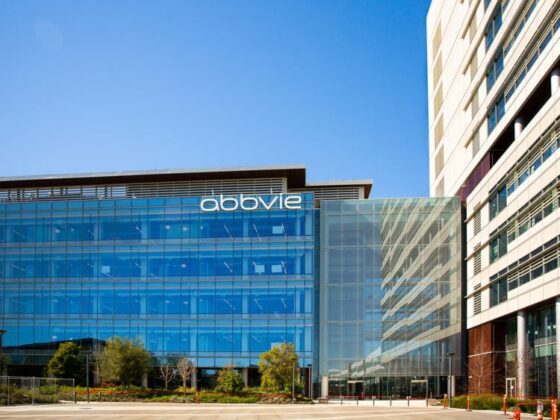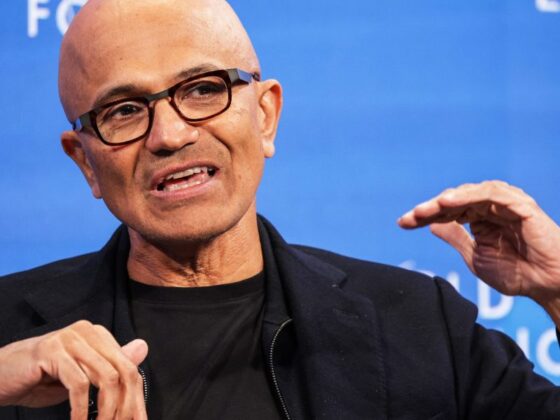Nearly every day, another business luminary makes a gloomy prediction about job security in the AI era. Well-known venture capitalist Vinod Khosla recently said artificial intelligence could wipe out 80% of all jobs by 2030 while Amazon CEO Andy Jassy warned about likely job cuts at the retail giant due to automation.
And yet, amid all the pessimism, one tiny group of humans has become extraordinarily valuable: Those creating AI. Many tech companies are scrambling to hire top-notch AI leaders and researchers, using multi-million dollar paychecks to entice them.
The latest example of how essential some humans are in the AI era came in the last few weeks, when Facebook-parent Meta went on a spending spree to beef up its all-important AI operations. The company is betting that the infusion of new talent will jumpstart its efforts, which are said to be lagging the competition and putting tens of billions of dollars in future profits at risk.
The push started with Meta CEO Mark Zuckerberg hiring Alexandr Wang, CEO of AI labeling startup Scale AI, to be his first chief AI officer, and making a $14.3 billion investment in Wang’s company. Zuckerberg also recruited former GitHub CEO Nat Friedman to partner with Wang in leading Meta’s new superintelligence lab.
Just days later, Meta went on another hiring blitz by poaching a number of AI researchers from ChatGPT maker OpenAI, along with employees from Google and Anthropic, maker of the Claude AI assistant.
“As the pace of AI progress accelerates, developing superintelligence is coming into sight,” Zuckerberg wrote in a memo on Monday to formally announce Wang and Friedman’s new roles and the opening of the superintelligence lab. “I believe this will be the beginning of a new era for humanity, and I am fully committed to doing what it takes for Meta to lead the way.”
The AI talent war between Meta and OpenAI is just an extreme example of what’s happening across the tech industry. Companies large and small are fighting to recruit big-name AI leaders and their foot soldiers, readily acknowledging that developing superintelligence, or AI that’s vastly smarter than humans, hinges on the work of actual humans.
In their sales pitches, companies often claim AI can perform magic. But for now at least, the technology can’t entirely perform its magic on itself.
AI research scientists who are focused on foundational AI and making sci-fi advancements to it are considered to be at the top of this new pecking order. They oversee the training of vast general-purpose models, fine tune them, and make them more adaptable for developers to incorporate into their products.
Some companies are willing to pay big money—including millions of dollars in salaries, stock options, and bonuses—for what they consider to be the top talent in that cohort.
OpenAI CEO Sam Altman recently claimed that Meta had dangled $100 million compensation packages in front of some of his employees, and then boasted that no one of significance had accepted such an offer.
However, within days, the exodus began. Ultimately, OpenAI’s chief research officer, Mark Chen, erupted about it in an internal memo, Wired reported. “I feel a visceral feeling right now, as if someone has broken into our home and stolen something,” he wrote. To keep other workers from leaving, he vowed to be “more proactive than ever before” by “recalibrating comp,” or compensation, and “scoping out creative ways to recognize and reward top talent.”
David Horn, head of AI at financial services company Brex, agreed that humans are essential for developing and perfecting AI at his company and others. A few individuals, he said, can have a huge impact on a company’s ultimate success.
“You still need people who can tell AI what problems to solve when we’re working with AI tools,” Horn said. “What we found is that the value humans bring to a task is not necessarily putting in the effort but being able to very clearly explain what needs to be done—and also, more importantly, why.”
Unlike many of the major tech companies, Brex isn’t developing foundational AI. Rather, it’s building on top of the super-sized models that those bigger companies produce, specifically to tailor it for the financial sector. Several layers of workers are needed to do the job, Horn said. They include those who work directly with the AI, others who manage their work and the product pipeline, and still more who set the policies, or broader strategy, for how to work with AI on particular tasks.
Of course, not everyone in tech is in as big demand as AI researchers are.
Because of AI, hiring is slowing in certain specialties.
Software engineers, for example, are increasingly enlisting AI to help them write code. In response, some companies have slowed hiring or, like Amazon, discussed cutting jobs to save on costs.
Customer service, data entry, and low level finance jobs are particularly vulnerable to advances in AI.
Last week, Salesforce CEO Marc Benioff gave a sense of where humans stand in the AI era, saying that AI does up to half of the work within his company. He didn’t provide any details about what he meant. And as chief salesman for Salesforce’s AI products, it’s clearly in his interest to talk up AI’s success.
But a glance at Salesforce’s website shows something that Benioff didn’t mention: Salesforce has dozens of job openings with AI or related terms in the title or description.













